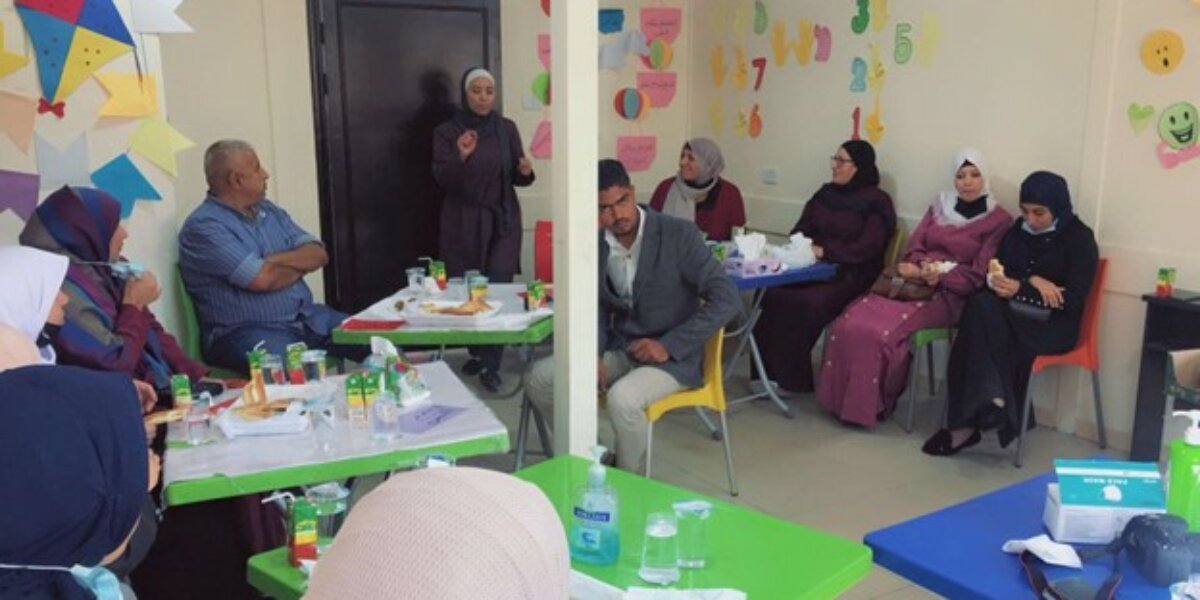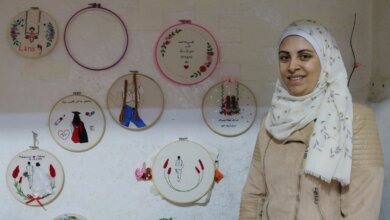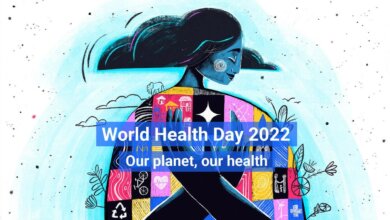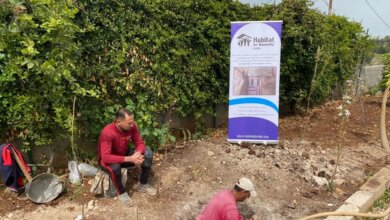

HFH Jordan Conducts Focus Group Discussions to Determine the Most Important Needs of Its Beneficiaries

Conducting assessments in any field is one of the major procedures that should be done regularly to ensure that the workflow is going in the right direction in order to achieve the desired results and thus achieve the largest goal of any institution. Habitat for Humanity Jordan (HFH Jordan) always makes sure to conduct different types of assessments as needed or in accordance with its work plan to get the best results through which it can implement its projects optimally. This November, HFH Jordan team conducted a Focus Group Discussion (FGD) with a number of vulnerable people who live in Marka district (an area that is already served by HFH Jordan through MERCI project: a project that aims to serve both Jordanians and refugees by repairing and rehabilitating their homes as well as raising their awareness in terms of shelter and energy consumption).
The FGD consisted of two sessions targeting male and female adults (men and women), both Jordanians and Syrians. It tried to tackle issues that truly concern vulnerable people in Marka district, including issues related to people with disabilities and elderlies, and help give the best indicators for HFH Jordan team through which they can implement their projects in the area in the best ways.
The survey included 14 questions. They had been carefully formed by HFH Jordan’s social workers and the community mobilizer under the supervision of the project manager and the monitoring and evaluation officer. The questions aimed to touch five significant pillars: home conditions, services beneficiaries received whether from HFH Jordan, other NGOs or even other local institutions, social relations, the impact of Covid-19 on families socially and financially, as well as education.
The answers of the participants highlighted different matters. For example, it showed difficulties the participants face inside their homes; such difficulties are mainly related to home maintenance, paying for home-rent, and the inability to pay the electricity bills which results in cutting off the electricity to homes. Other matters are like obstacles they encounter to receive assistances, the limitation of quality of livelihood training, the extent of the strength of social relations between Jordanians and Syrian refugees, the losses suffered by the participants due to the breakout of Covid-19 and its implications, in addition to the educational attainment that was severely affected by Corona pandemic.
Conducting such FGDs is very important since it facilitates the process of implementing humanitarian projects in a way that truly satisfies people’s needs in the most vulnerable areas. It also helps in attracting more funds to carry out more projects in the same areas, hoping for having satisfied communities that enjoy their basic rights away from poverty and destitution.


